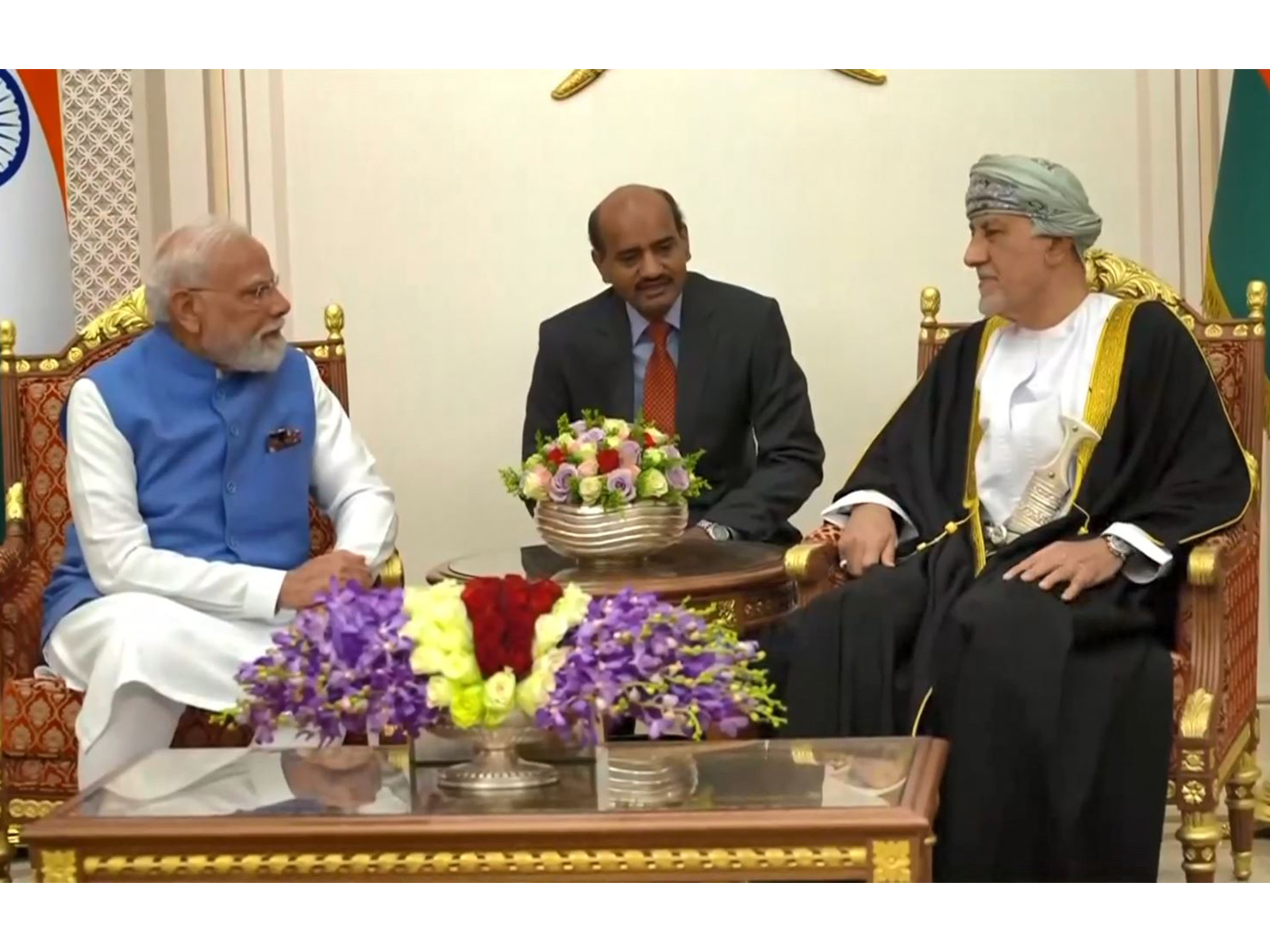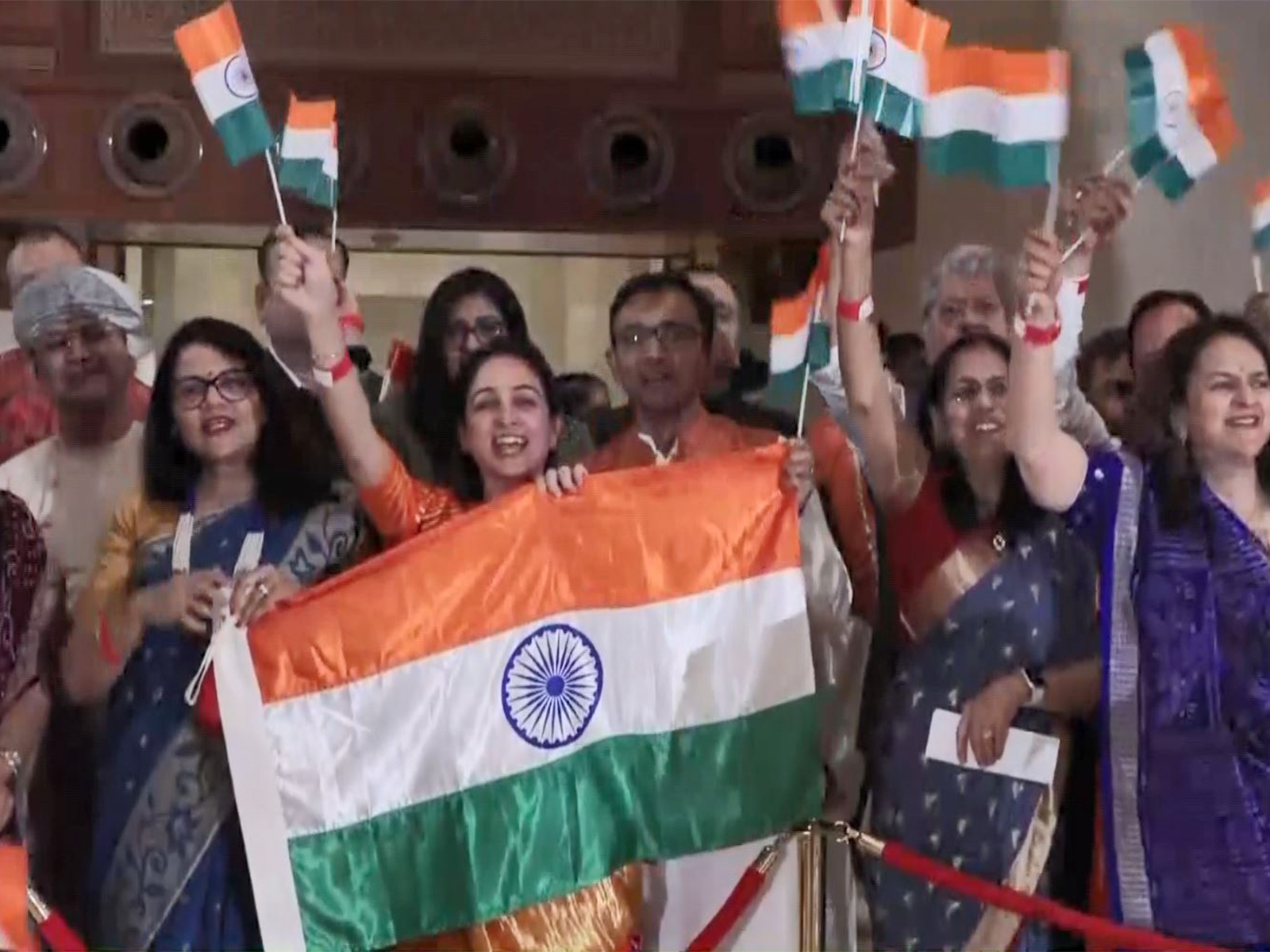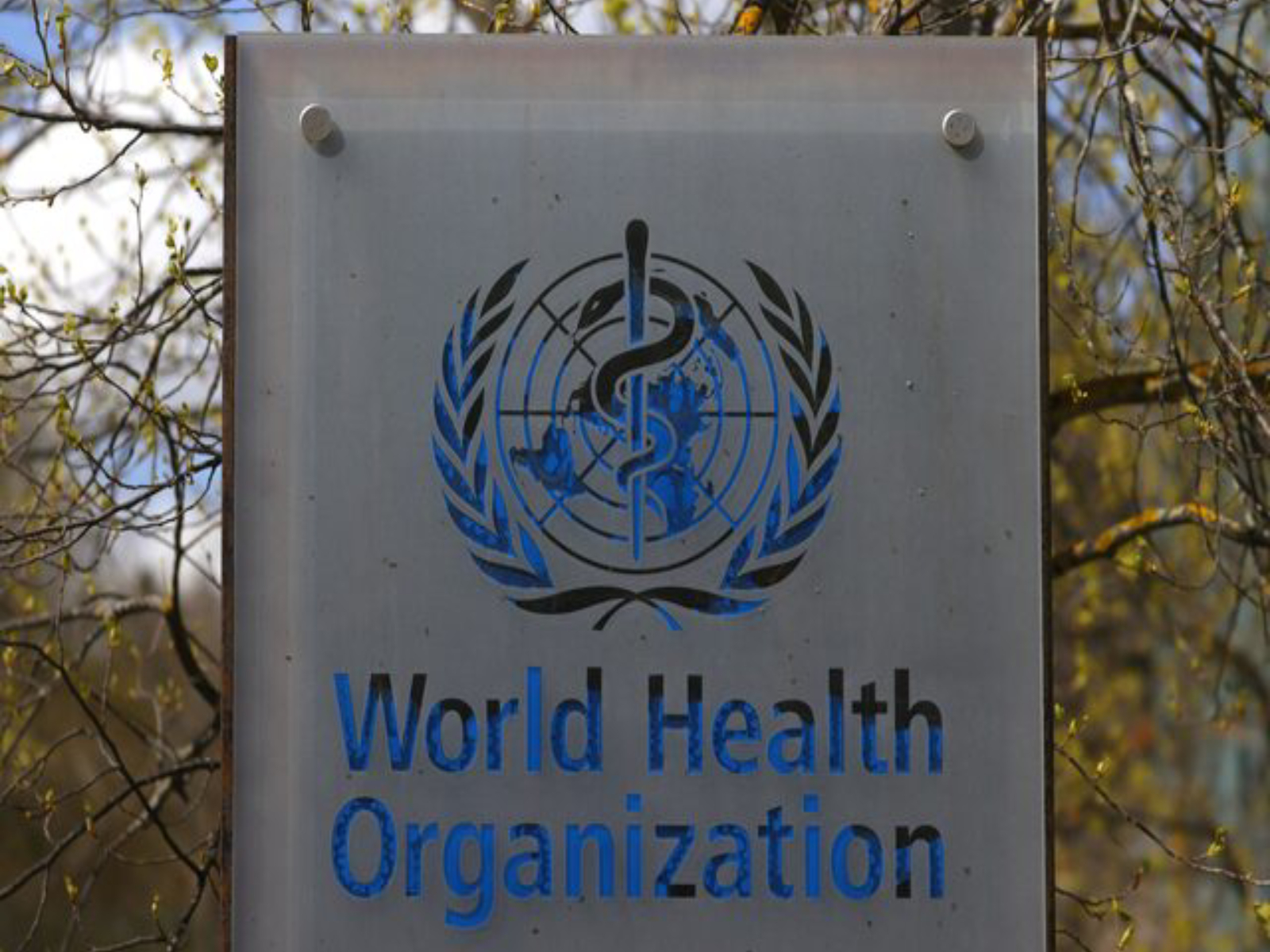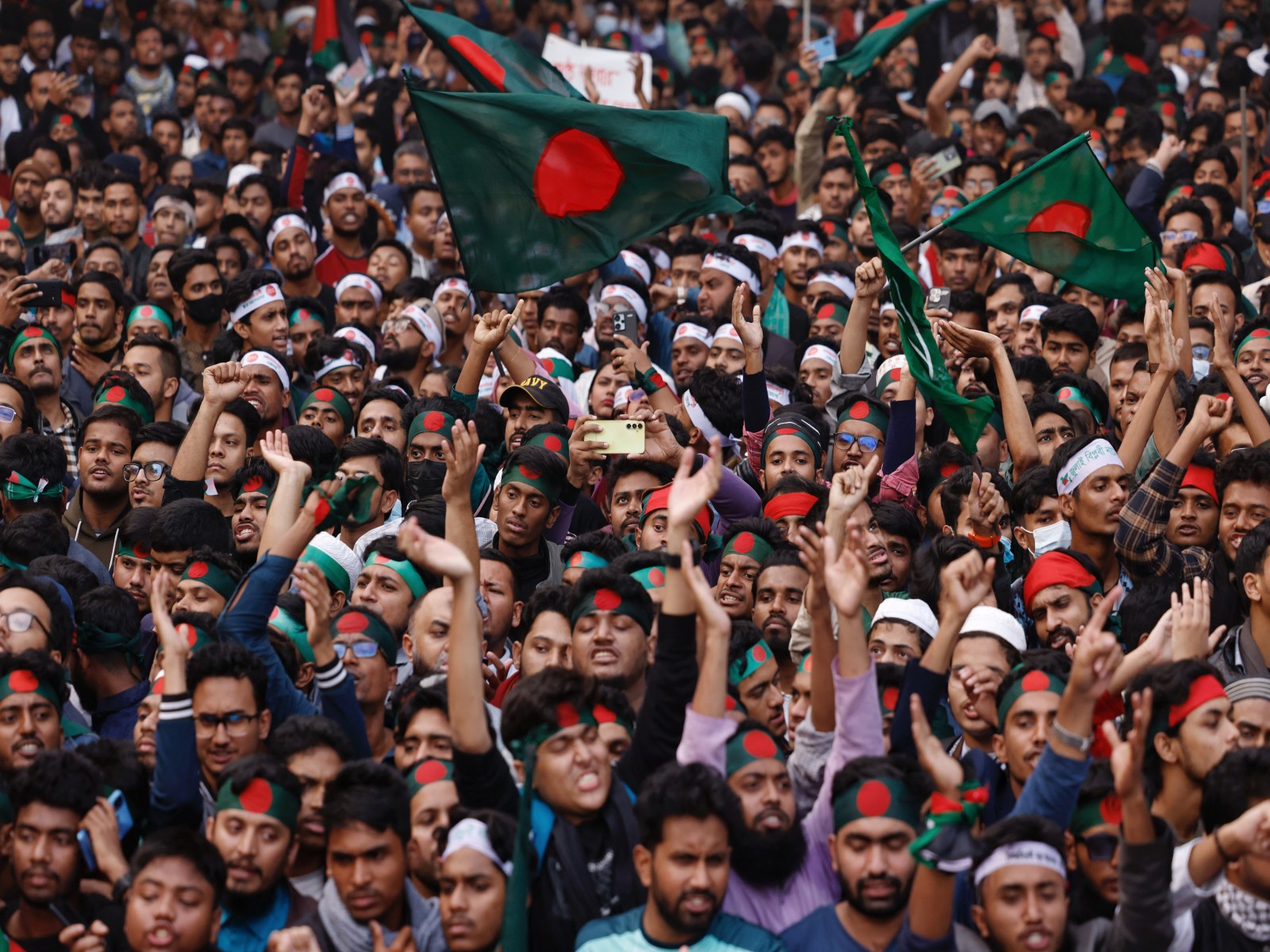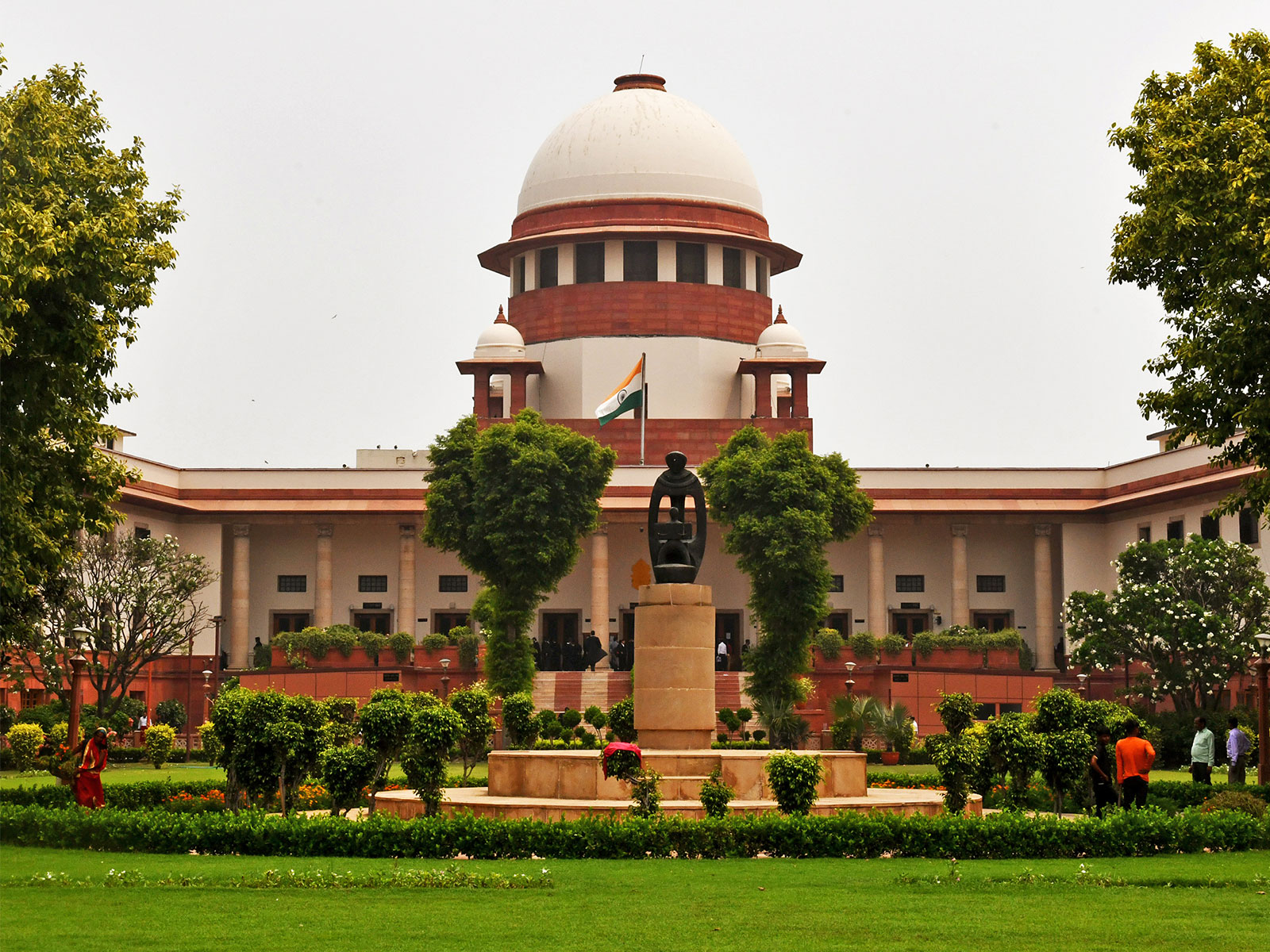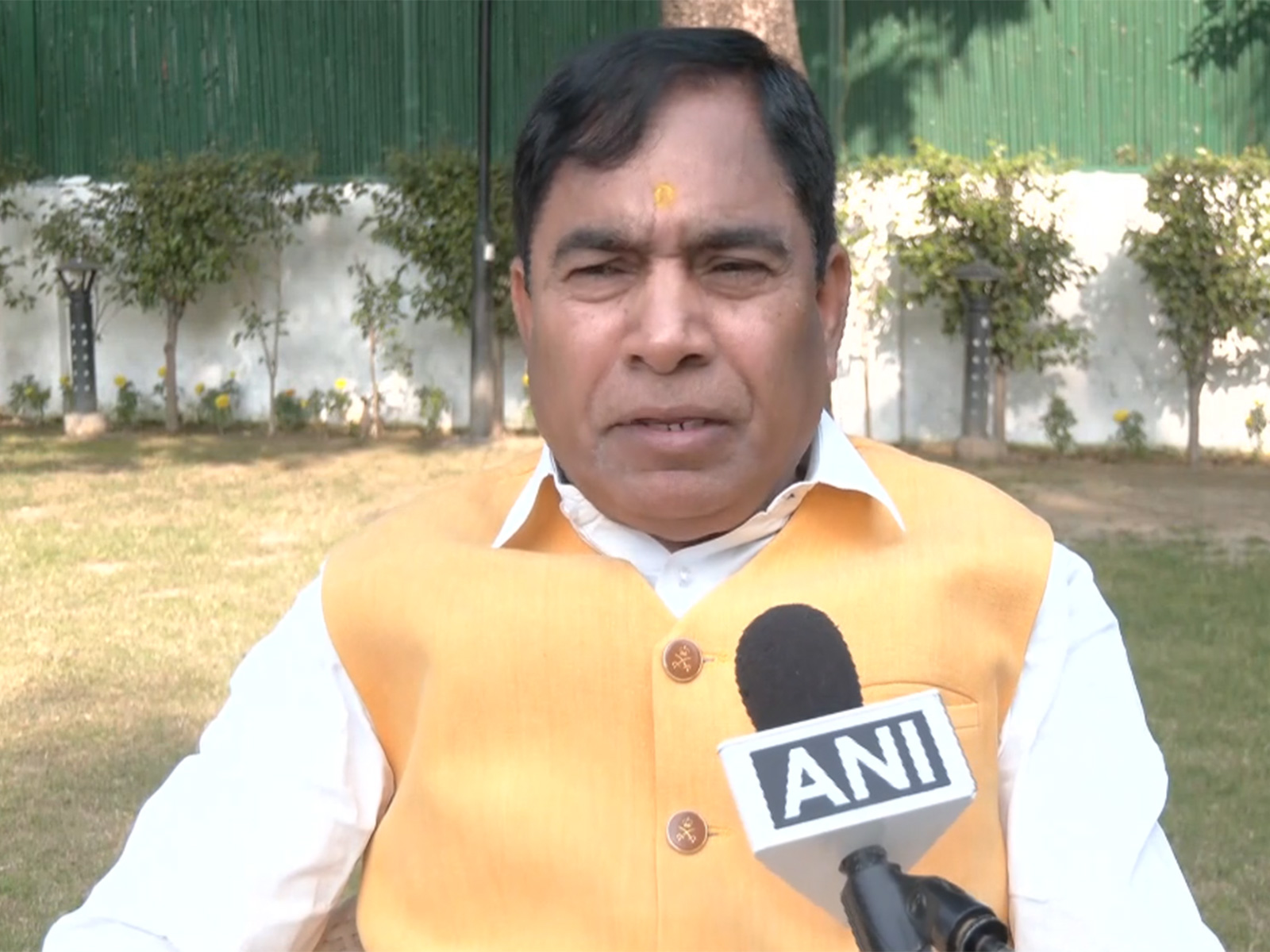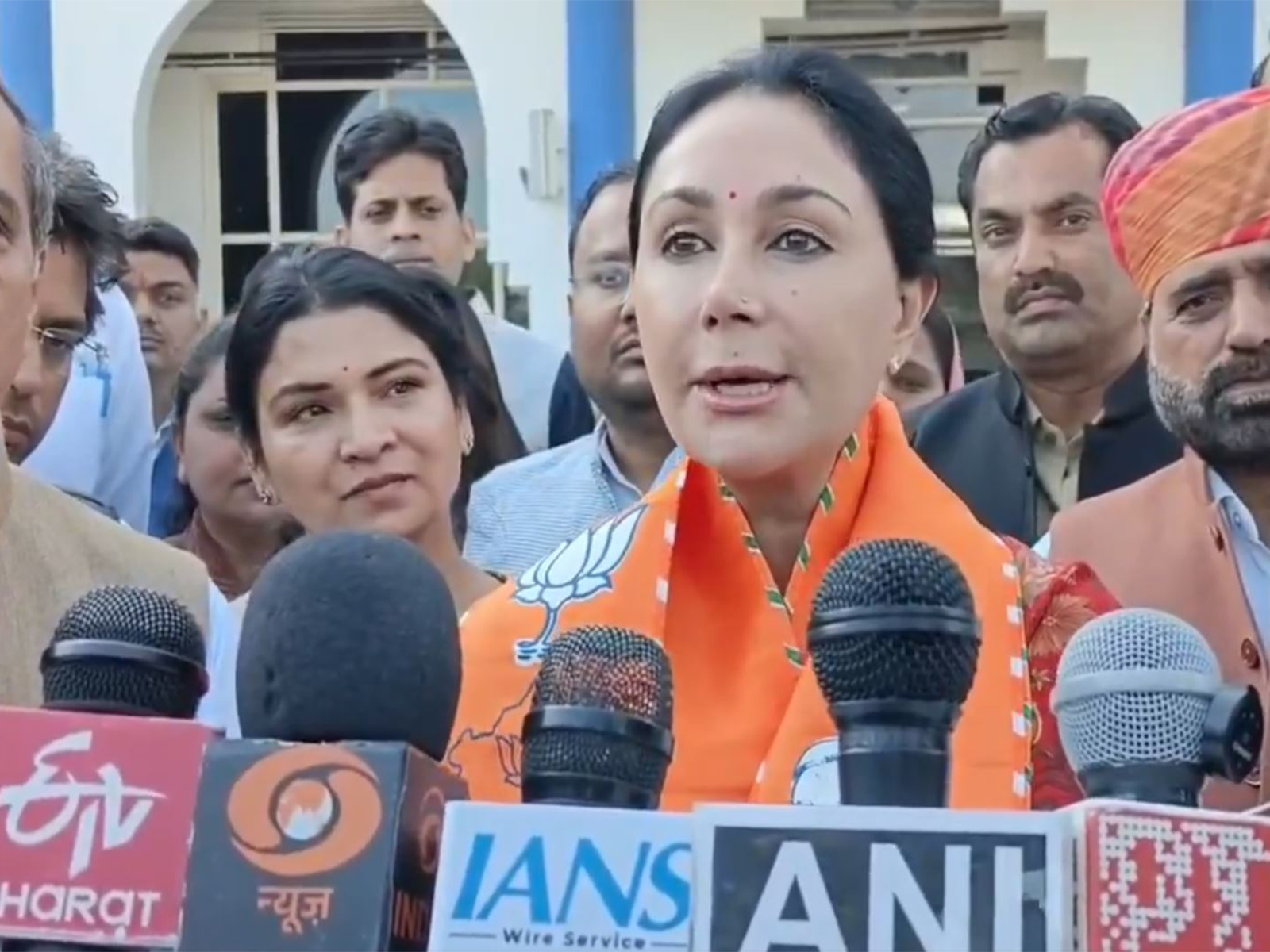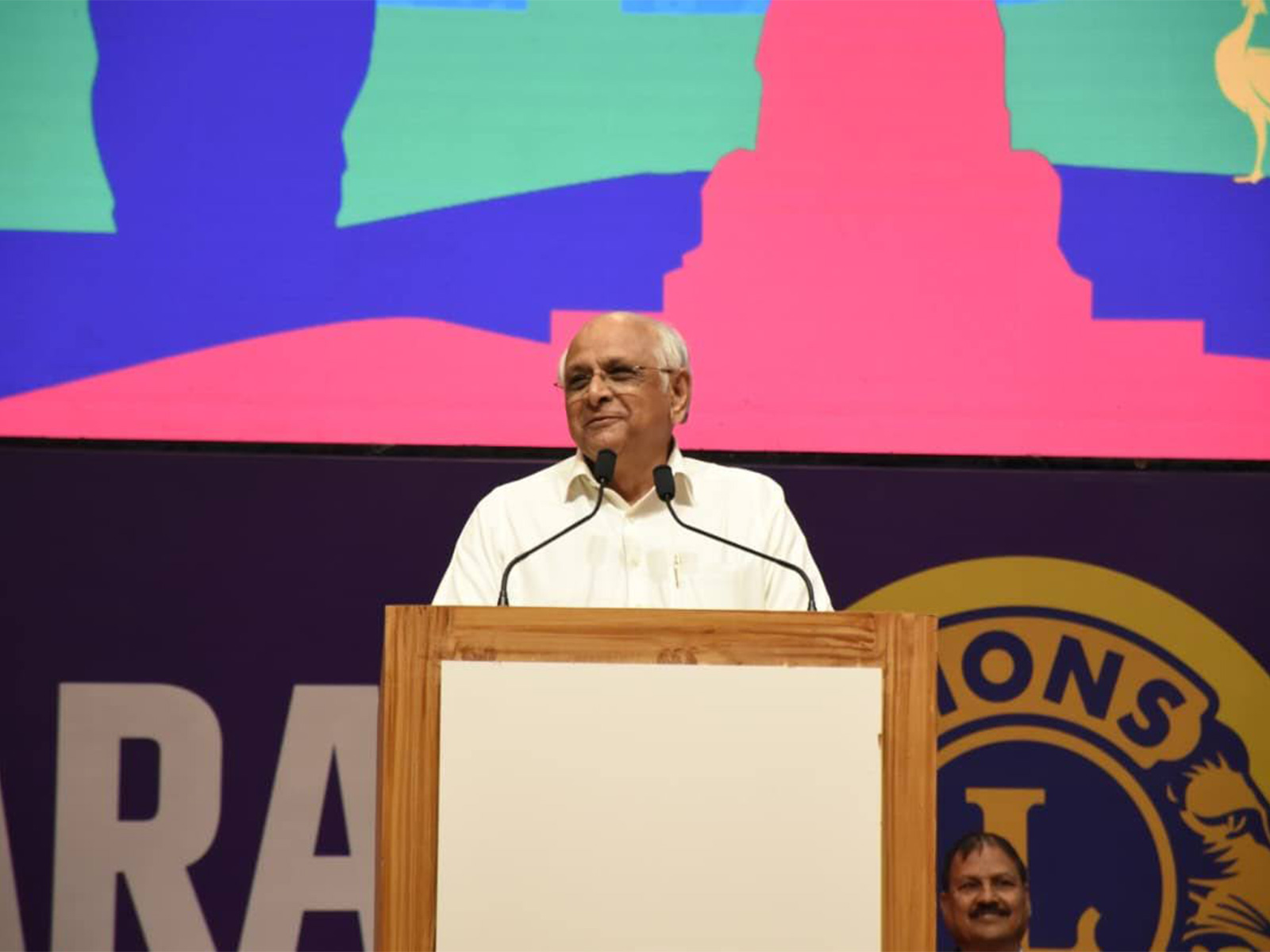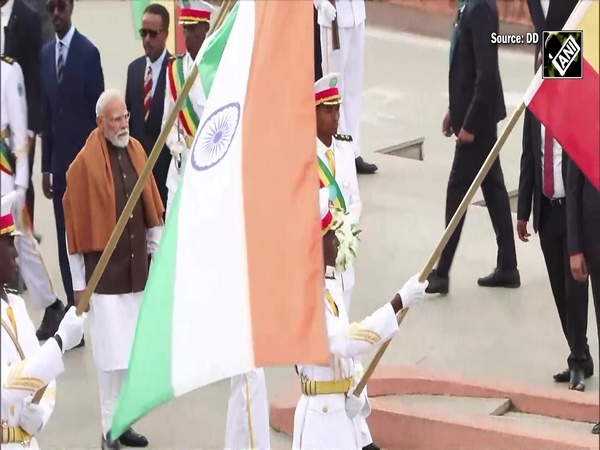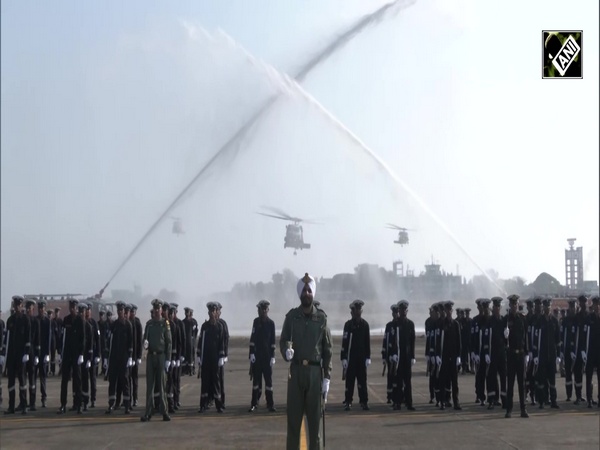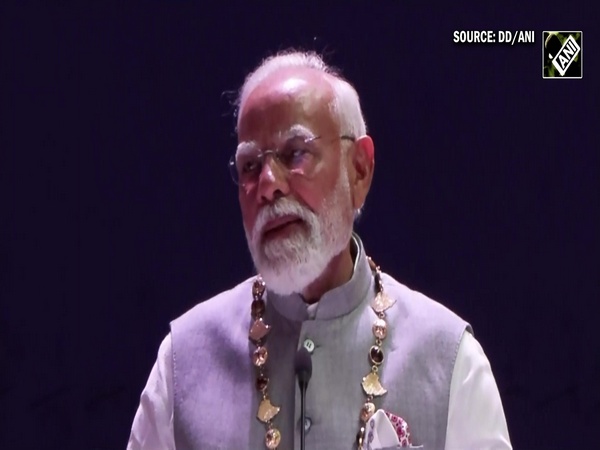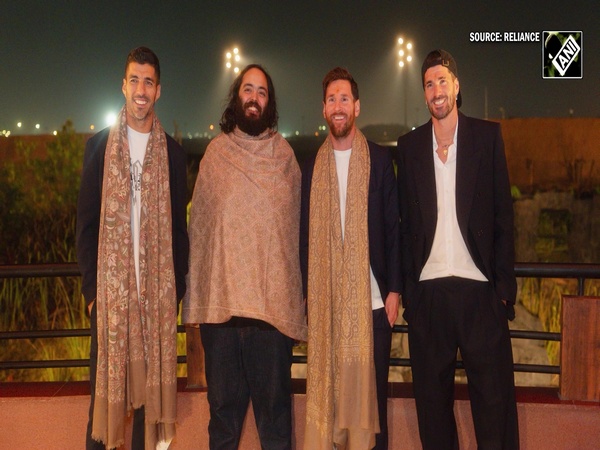Pakistan's obsession with blasphemy laws leads to extrajudicial killings, mob violence
Apr 24, 2021

Islamabad [Pakistan], April 24 : Blasphemy is a highly sensitive issue in deeply conservative Pakistan where mere allegations have led to extrajudicial killings and mob violence.
In February 2021, Centre for Social Justice (CSJ), an NGO based out of Lahore, Pakistan, released data that showed the abuse of blasphemy laws had increased exponentially in Pakistan, reported Pentapostagma.
Human rights campaigners have long sought the repeal of blasphemy laws, arguing they are used to victimize religious minorities or settle personal scores.
From 1987 to December 2020, at least 1,855 persons have been alleged under the offences related to religion, mostly under Sections 295B, C to 298C, of the Pakistan Penal Code known as Blasphemy laws, said the advocacy group CSJ in its press release.
Christians, one of the largest religious minority groups in Pakistan with a population of around 2.8 million have faced the major burnt of blasphemy laws, reported Pentapostagma.
Pakistan was ranked as the world's fifth-worst persecutor of Christians by Open Doors USA, a California based non-profit organization, in its 2021 World Watch List.
In 1997, the twin villages of Shantinagar-Tibba colony under Multan Division, were looted and burnt by 20,000 Muslim citizens and 500 policemen acting together after an incident of desecration of the Quran was reported.
The police had first evacuated the Christian population of 15,000, and then helped the raiders use explosives to blow up their houses and property, reported Pentapostagma.
Several incidents of arson and loot of Christian properties have been reported ever since. In 2005, a mob of 3,000 led by a local politician and the police burnt down three churches, a missionary run-school, two hostels and several houses belonging to Christians in Sangla Hill in Nankana district in Punjab.
The false allegations of blasphemy are often rooted into personal grudges, conflicts in workplaces and in communities.
Recently, a board member of ACAT (the Action of Christians for the Abolition of Torture), Belgium-based organization working for the betterment of Christians worldwide, wrote a letter to Pakistan PM Imran Khan drawing attention to the case of Shafqat Emmanuel and Shagufta Kausar, a Christian couple convicted of "blasphemy" and sentenced to death in 2014 for allegedly sending "blasphemous'' text messages to the Imam of a mosque, reported Pentapostagma.
According to the October 2019 report of the United States Commission on International Religious Freedom, at least 80 people have been convicted of blasphemy in Pakistan and many of them face death penalty.
In December 2020, the U.S. House of Representatives passed a resolution calling the worldwide repeal of blasphemy, heresy and apostasy laws, some of which have resulted in the imprisonment and/or deaths of Christians accused of speaking against Islam.
Pakistan's blasphemy laws, both in content and application, are contrary to Pakistan's human rights obligations to respect and protect the right to life, freedom of thought, conscience and religion or belief, freedom of opinion and expression, equality before the law, prohibition of discrimination and the right to life.
These blasphemy laws violate Article 6(1) of the International covenant on Civil and Political Rights that states that the automatic and mandatory death penalty constitutes an arbitrary deprivation of life.
Therefore, these laws do not comply with human rights law and standards, nor do they contain basic safeguards to limit the risk of further human rights violations and abuses, and are emblematic of the dangers faced by religious minorities in the country, wrote Pentapostagma.
